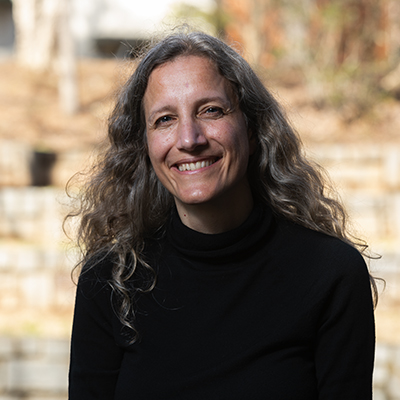Douda Bensasson
Creative Research Medal

Douda Bensasson, associate professor in the Department of Plant Biology, has pioneered a new understanding that wild plant environments serve as reservoirs for a common fungal pathogen of humans. Her laboratory discovered that old oak trees harbor Candida albicans, which is responsible for potentially lethal yeast bloodstream infections in humans. Scientists thought that this species could only thrive in warm-blooded animals, but she showed that three genetic strains in oaks were more closely related to strains isolated from warm-blooded animals like humans than to other oak strains. The high genetic diversity found in oak strains implies that C. albicans has moved between humans and oaks multiple times and that plants could be the pathogen’s ancestral source. Her work in isolating, characterizing, genome sequencing and analyzing C. albicans has reshaped her field. She has inspired researchers worldwide to explore the evolution of this and potentially other human pathogens in wild plants.
